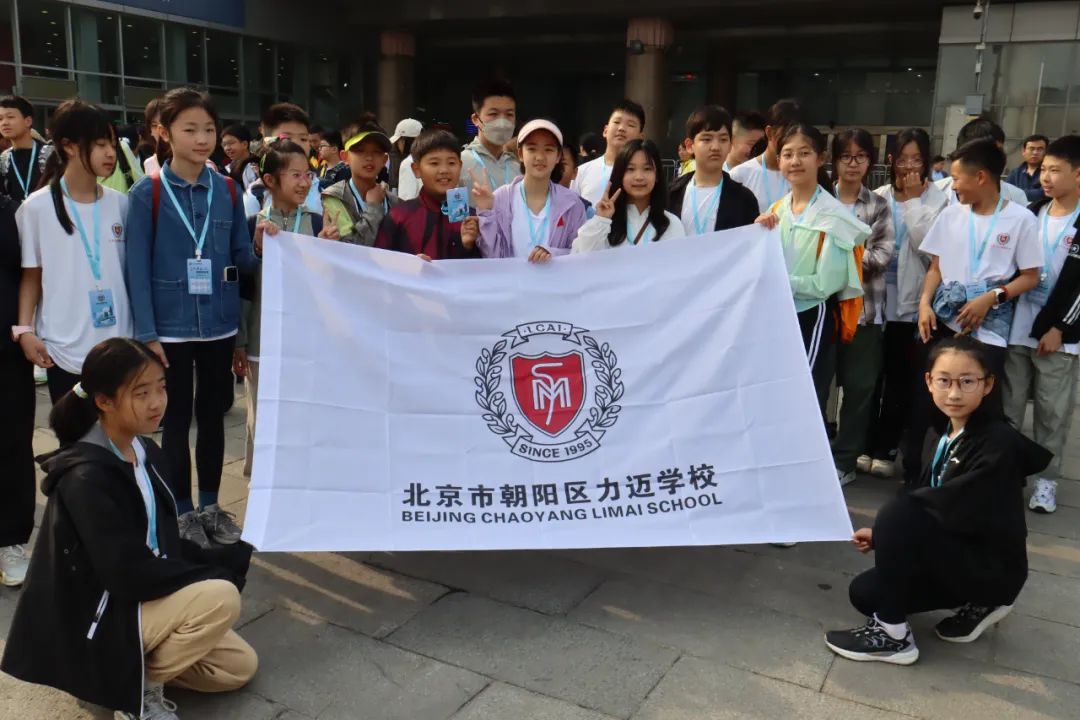2023-09-27发布于安徽
Individuals and Societies Highlights
CISH
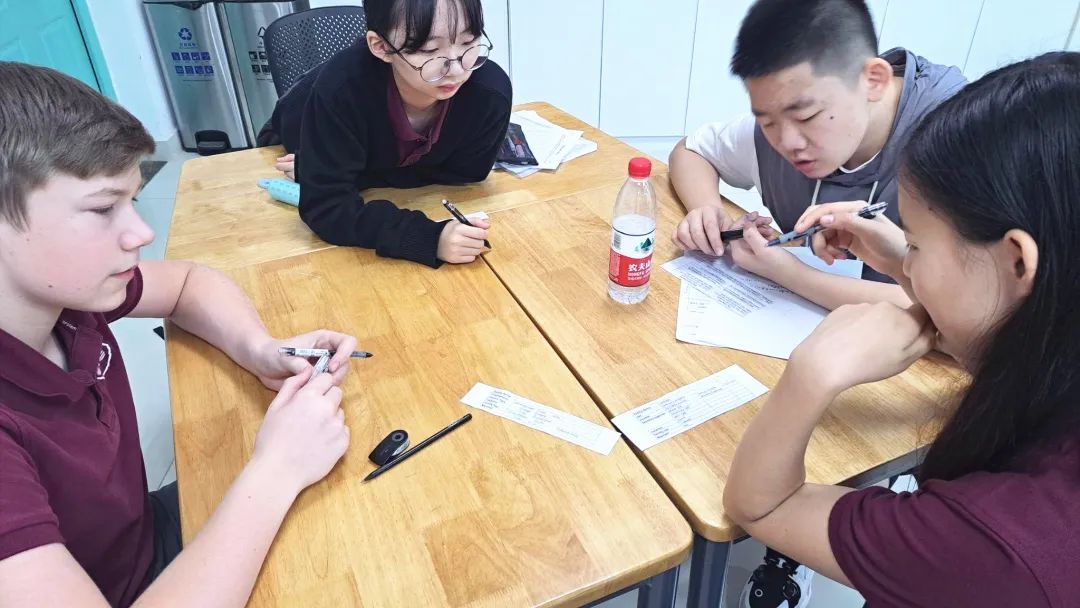

Slide pictures to see more
The Grade 6s were placed into groups of two and were asked to create infographics. They were given two options for their infographics. One option was Plastic pollution while the other option was deforestation. The infographics needed to include information such as causes and consequences as well as possible solutions to the chosen crisis.
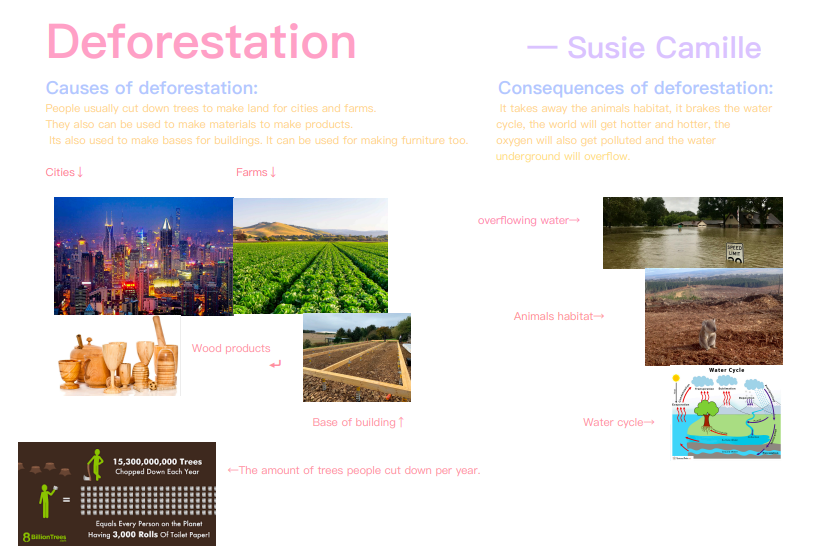
This week the Grade 7 students focused on learning about poverty and its different forms. The students looked at a Case Study on Poverty in the USA in order to make connections between the concepts and what it looks like in real life, including how it affects peoples lives. Following this the students conducted a Wealth vs Poverty activity where they worked in groups to identify the economic situation of different people based on where they live, cost of living, and income to see where they fit in society.
The grade 8 students have continued studying physical patterns in the changing world. The students continued exploring the processes of weathering and erosion by exploring real world locations to identify which type of weathering and erosion occurred, using evidence to support their answers. The students used their critical thinking and communication skills.
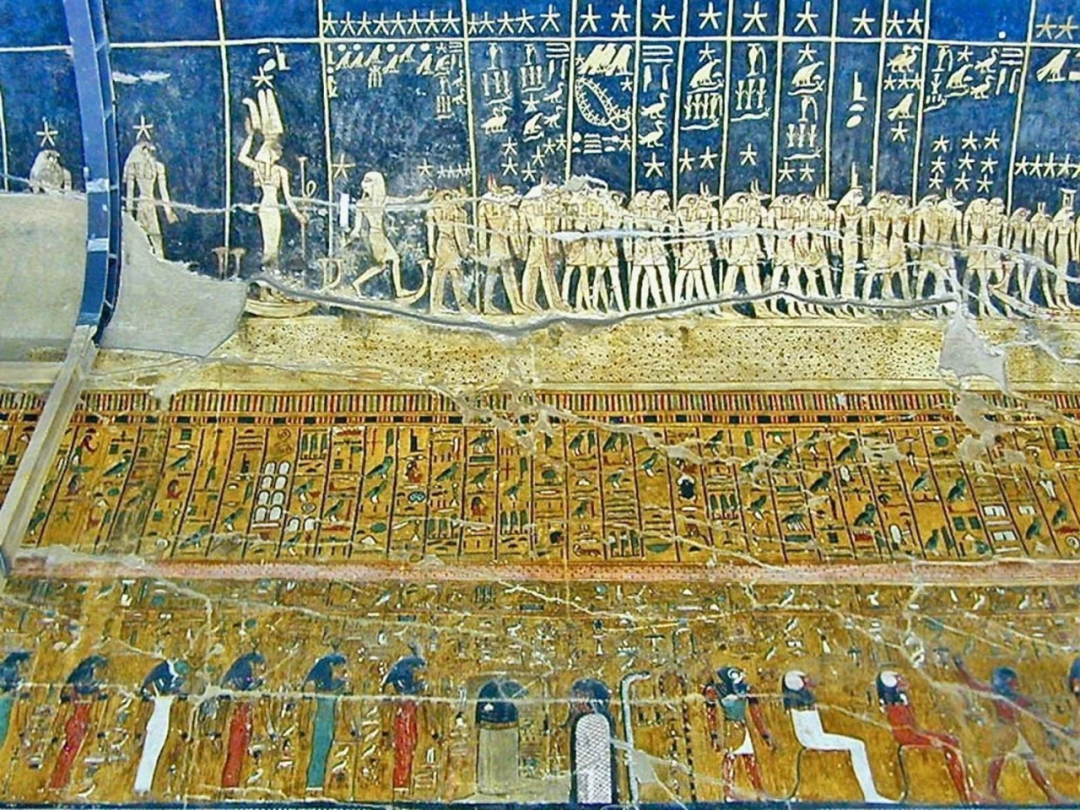
The Grade 9 students were introduced to Ancient Egypt. The students began the week by identifying and labeling important landmarks and cities of Ancient Egypt, and the surrounding regions to build an understanding of its location and geography. They then researched important facts about the different time periods, or kingdoms, of Ancient Egypt that were used to lead class discussion.
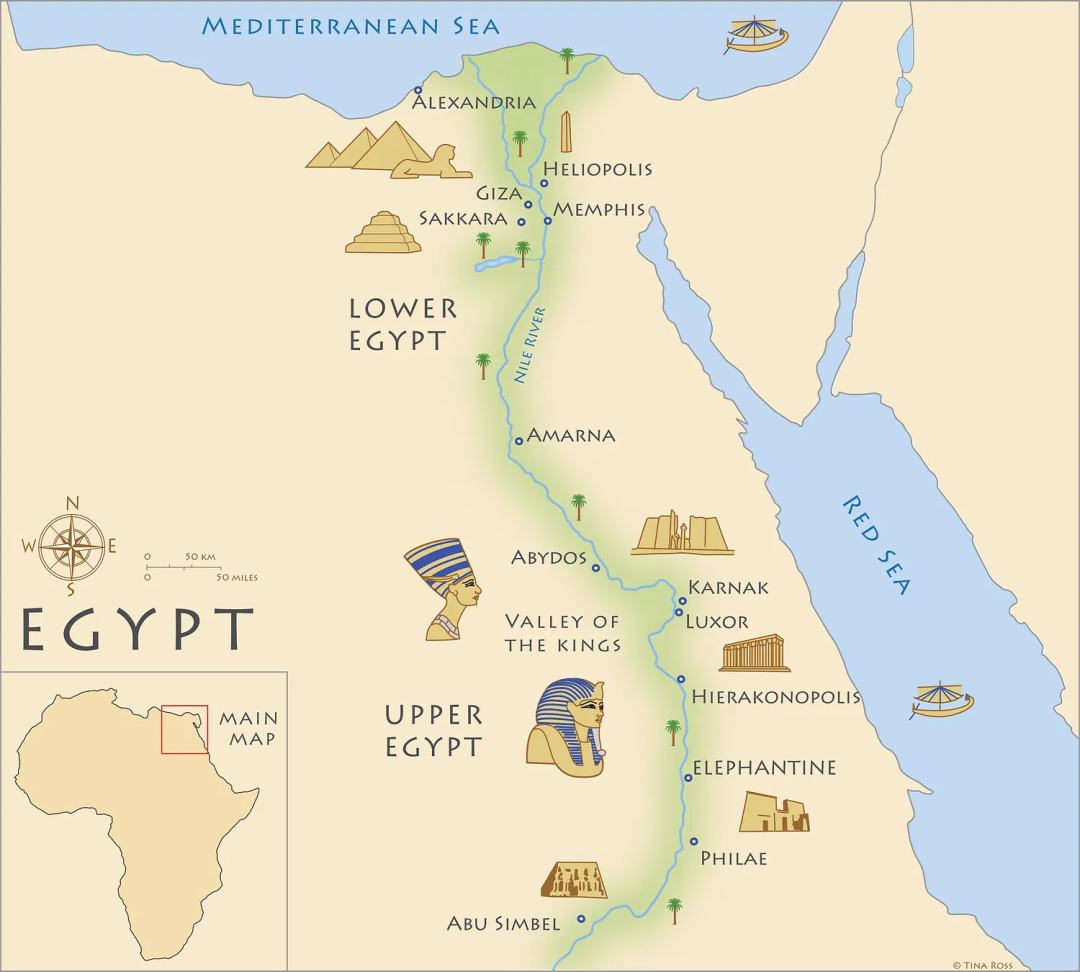
This week grade 10 students worked on propaganda posters, in which they represented their understanding of the perspectives of royalists, moderate revolutionaries and radical revolutionaries during the French Revolution. Students also covered Jean-Paul Marat, the Reign of Terror, and the fall of Robespierre.
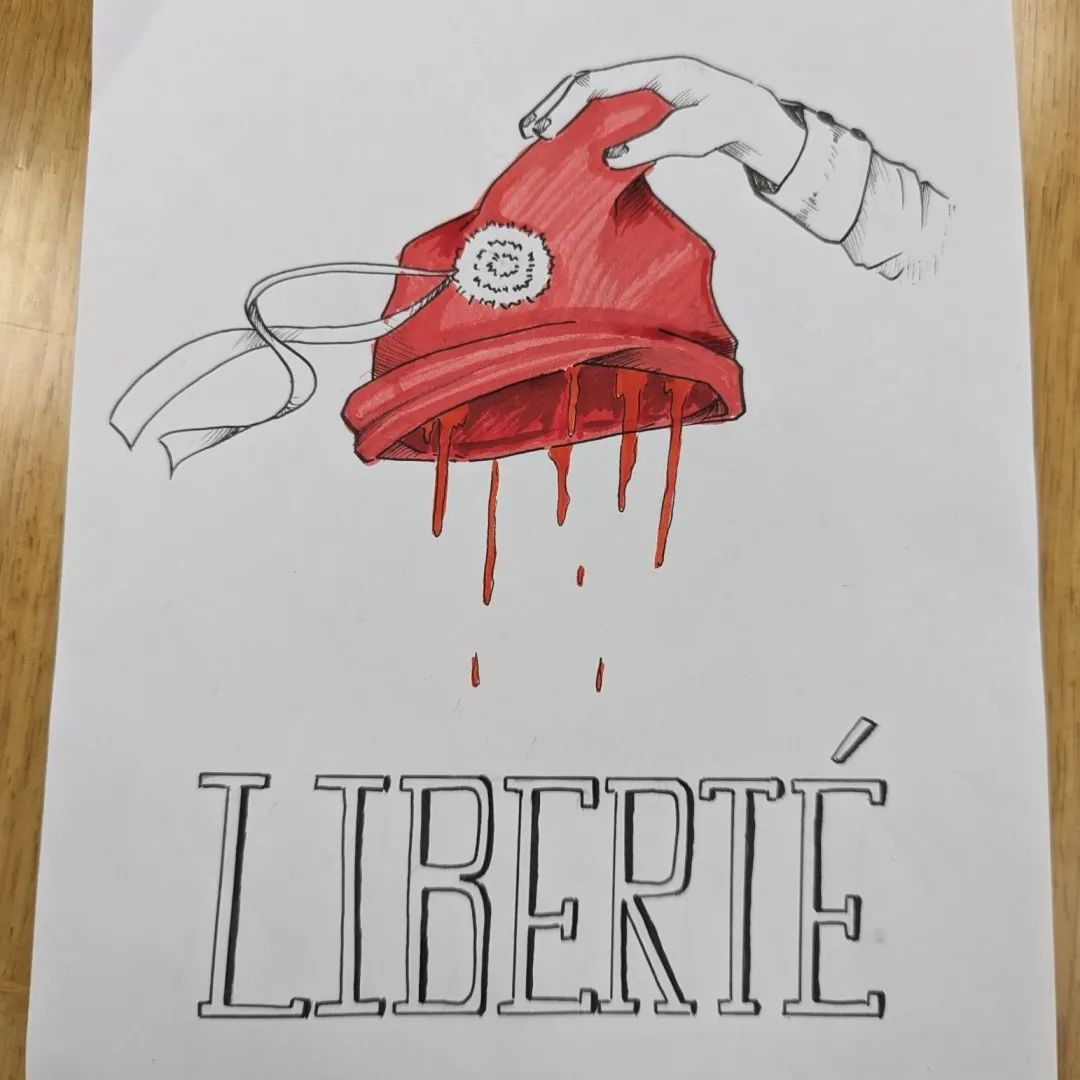
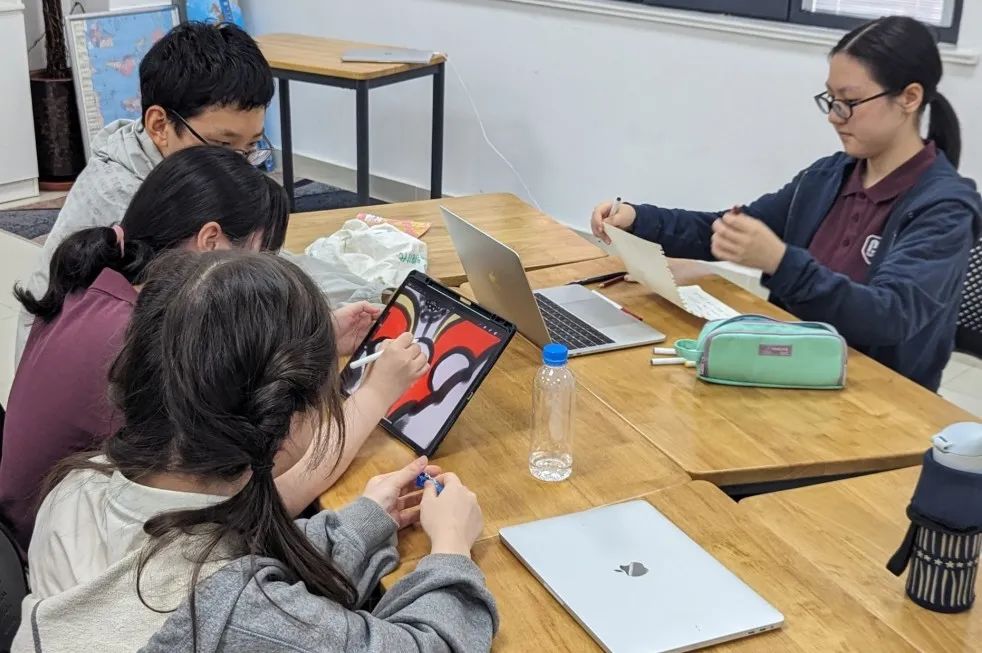
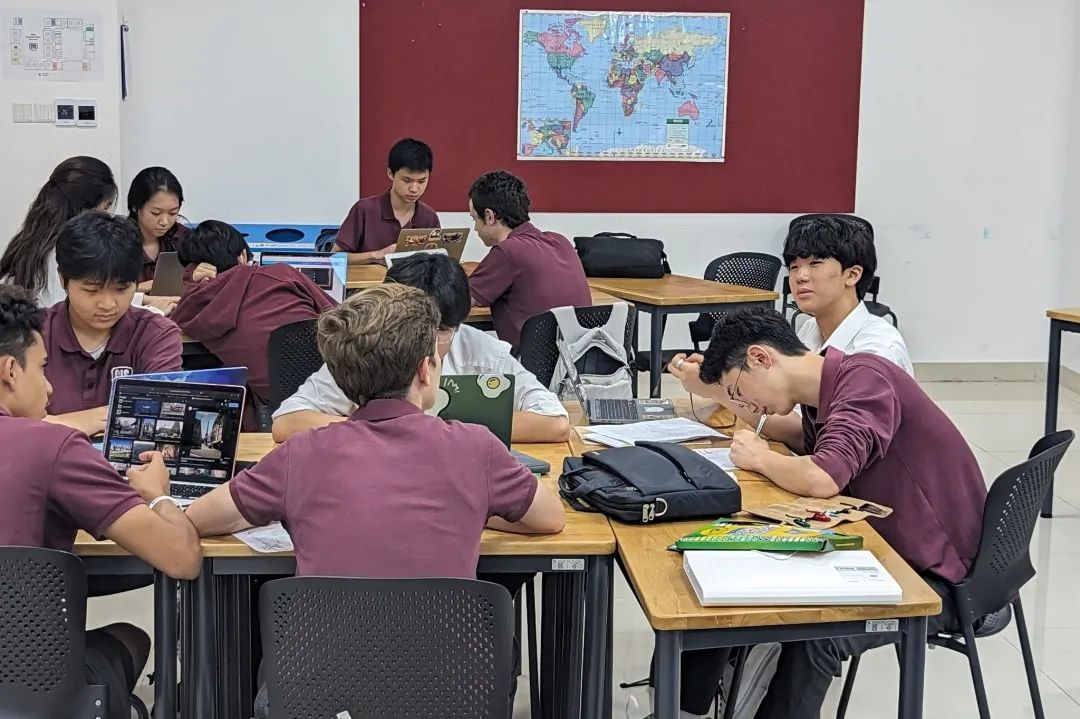
Psychology
This week the DP1 Psychology class reviewed internal and external validity and discussed ethics in research. The majority of the week was dedicated to reviewing content and concepts for the unit summative assessment next week. The students worked on a unit study guide by revising vocabulary and writing definitions in their own words and applying their understanding to identifying components of a psychological research study.
The DP2 Psychology students began learning how to write essay responses for Paper 1 and Paper 2. They built off their previous knowledge of writing short answer responses. Students reviewed the timing and format of Paper 1 and Paper 2. They unscrambled an example essay response and identified the command term and question. HL students also reviewed the Paper 3 assessment and worked as a class on a sample paper.

Global Politics
Grade 11: This week students worked on finishing up their argumentative essays. In these essays, students are debating topics such as: “does the international criminal court (ICC) actually achieve its purpose?” or “realist vs liberal theories of international relations, which perspective is more accurate?”
Grade 12: This week, students presented their development case studies. Nations that the students covered in their case studies included Singapore, Canada, Turkey and Rwanda. In these case studies, students examined the economic, social and environmental aspects of historical development, supporting their conclusions with specific examples and statistics drawn from their research.
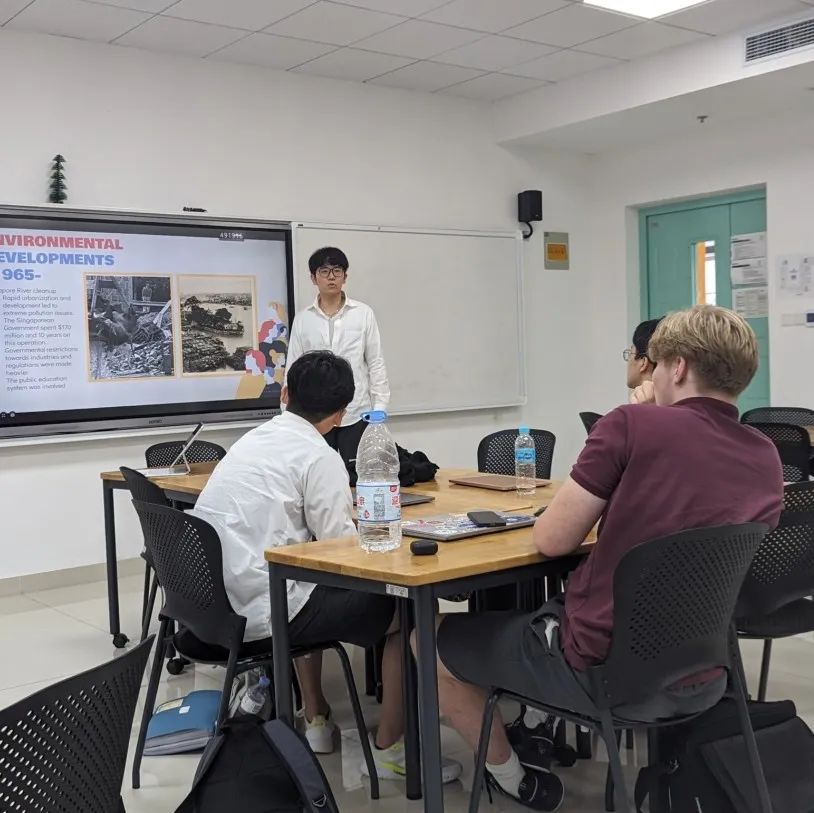
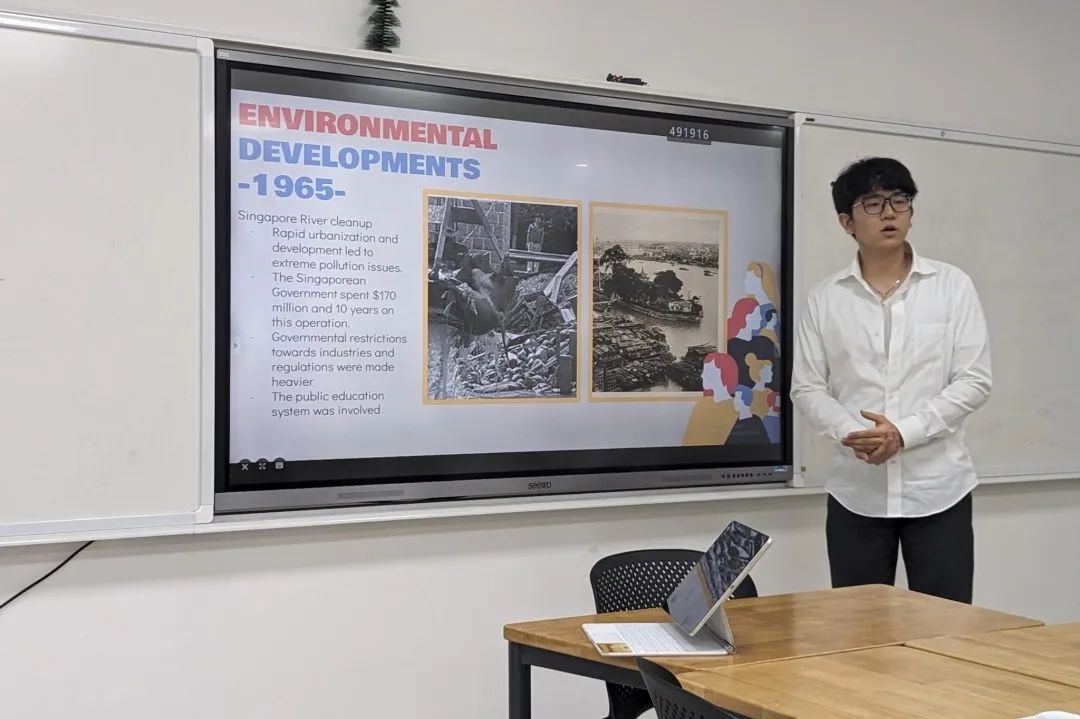
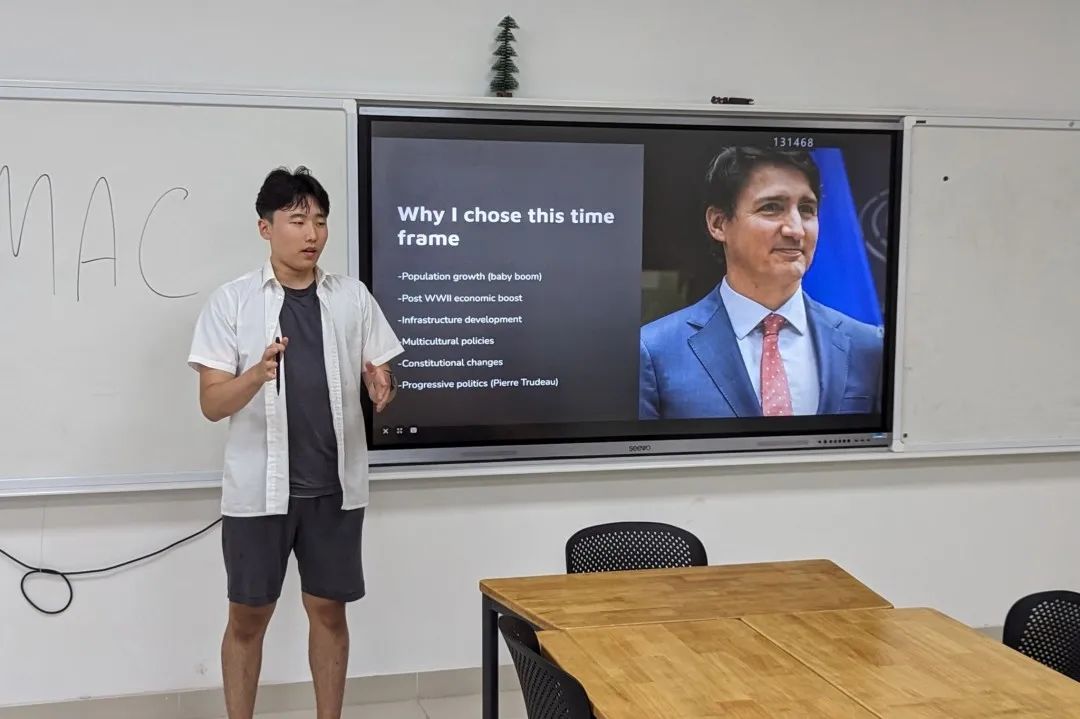
Business Management
Grade 11: Students continue to look at types of organisations and in the new syllabus with an emphasis on the role of social enterprises and understanding the differences between sole traders, private and public companies, partnerships and cooperatives and franchises. Students completed in-class written test to evaluate depth of understanding at this early stage of the course.
Grade 12: All DP students met the critical deadline for handing in their 1st draft Internal Assignments. Meanwhile we continued to study Human Resource Management looking at how oranisations are structured, organisation charts.
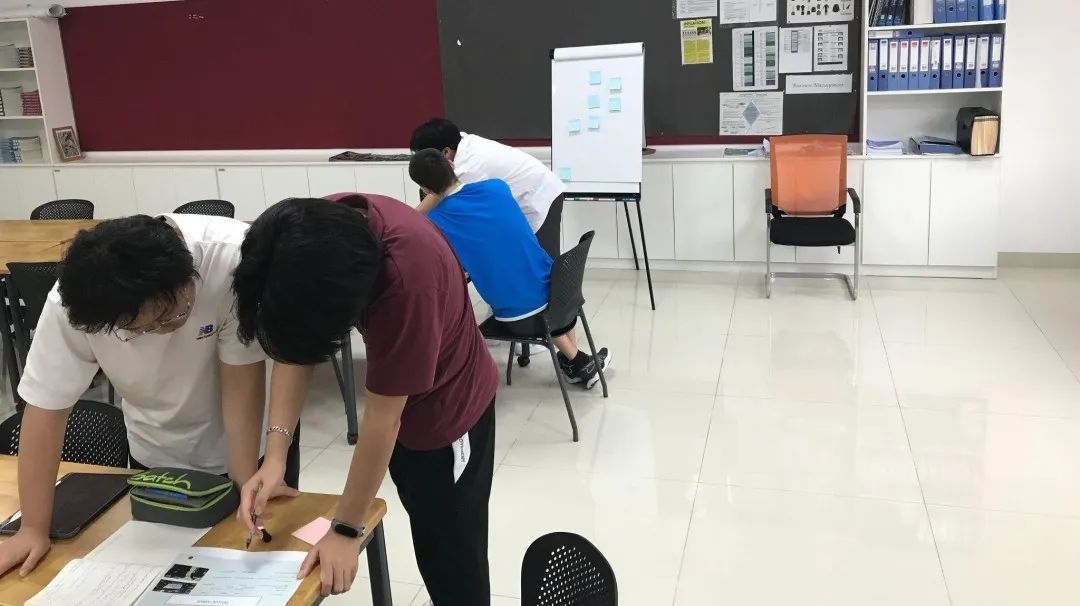
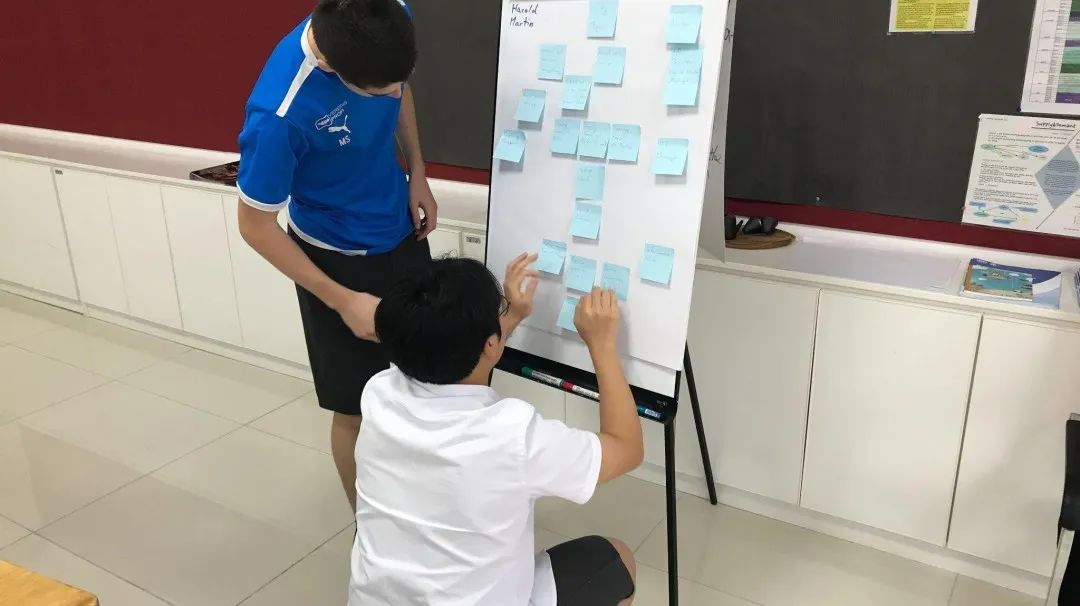
Design Highlights
CISH
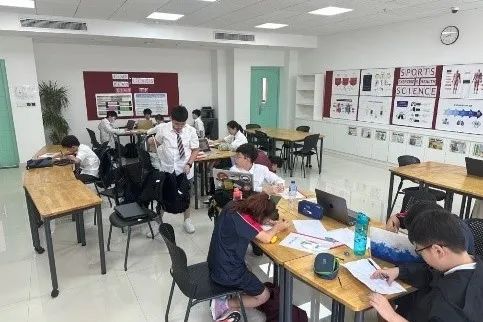
This week in MYP 6 class, our students dedicated their efforts to the second part of their summative assessment, which involved crafting their own personalized Design Cycle in their own words. They embarked on a journey to deepen their understanding of the Design Cycle by deconstructing its elements and reconstructing it in a way that resonated with their unique perspectives. It was inspiring to witness the creativity and critical thinking they applied to this task.
This week, our Grade 7 IB MYP Design class set sail on an exciting voyage as they launched their boat-making design projects, integrating Approaches to Learning (ATL) skills and the design cycle. With a diverse range of unique boat designs in mind, students eagerly embarked on their creative journey, simultaneously honing essential skills such as research, communication, and collaboration.
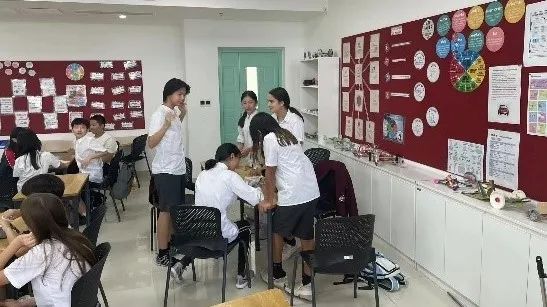
In this dynamic week, our Grade 8 IB MYP Design class has revved up their creativity as they embarked on their rubber-band car design projects, harnessing the power of engineering, teamwork, and scientific principles. With each student crafting their unique rubber-band car design, they've embarked on an exciting journey filled with problem-solving and innovative thinking. Integral to this experience is the incorporation of essential skills such as research, communication, and collaboration, fostering holistic skill development.
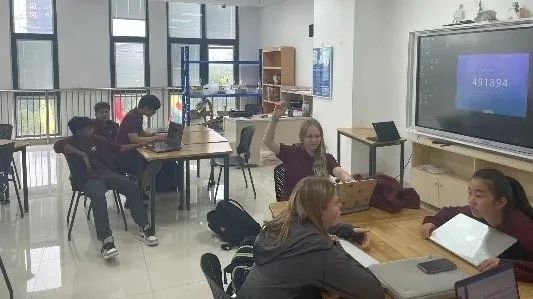
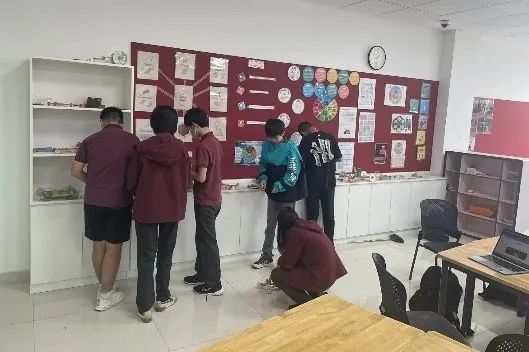
This week has ignited a sense of purpose in our Grade 9 IB MYP Design class as they embark on their bird houses and bat boxes design projects, driven by the imperative to combat local habitat destruction and protect local wildlife. With unwavering dedication, students have chosen to be environmental stewards, combining their creativity, empathy, and hands-on skills to craft habitats for our avian and chiropteran neighbors.
Grade 10 Design students examined Developing ideas strand 3 as a formative discussion. This strand focuses on presenting the chosen design and describing its key features. We looked at understanding why it's important to develop ideas and present the chosen design, highlighting its key features? We also introduced and completed Creating the solution strand 1.
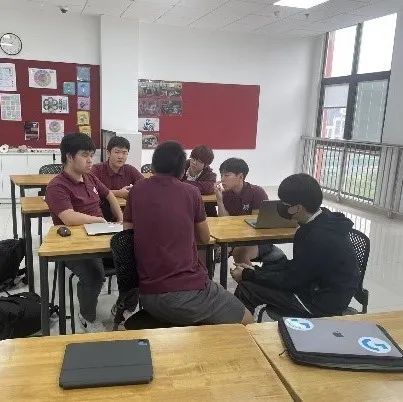

Design Class
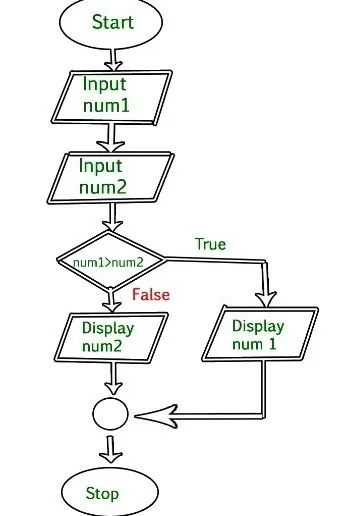
Grade 11 students completed the " Introduction to computational thinking" assignment. This provided them with the basic tools use to approach solving computational problems. We further worked with the concepts of algorithms, pseudocode and flowcharts. These techniques are used by programmers to take their stated problem from natural language to a stage where they can create the coded/programmed solution.
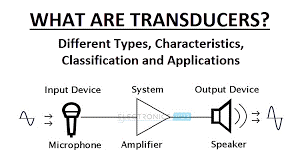
Grade 12 students reviewed and were tested on content including “System backup”, “Software deployment”, “Components of a computer system”, and “Human interaction with the system”. As part of an ongoing process, they are also continuing to work on completing the first draft of their Internal Assessment (IA) which is due the third week of November. By this first draft due date, their software solution should be mostly complete together with all supporting documentation. HL students continued with Topic 7. Control where they examined the relationship between a sensor, processor, and output transducer.
PYP German Highlights
CISH
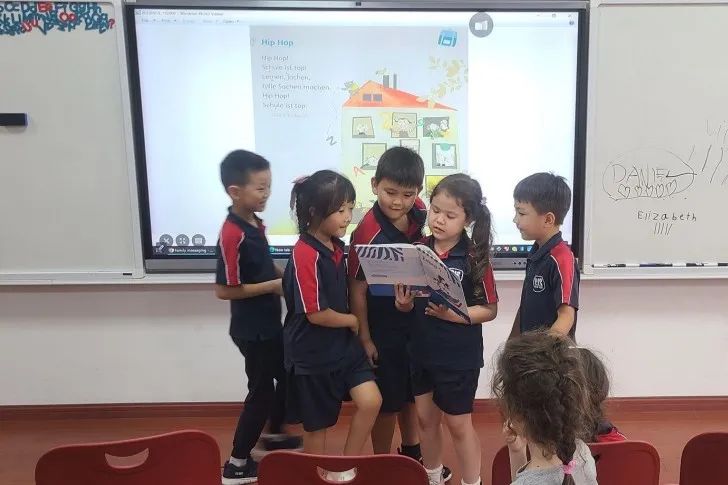
PYP German
Class Photos
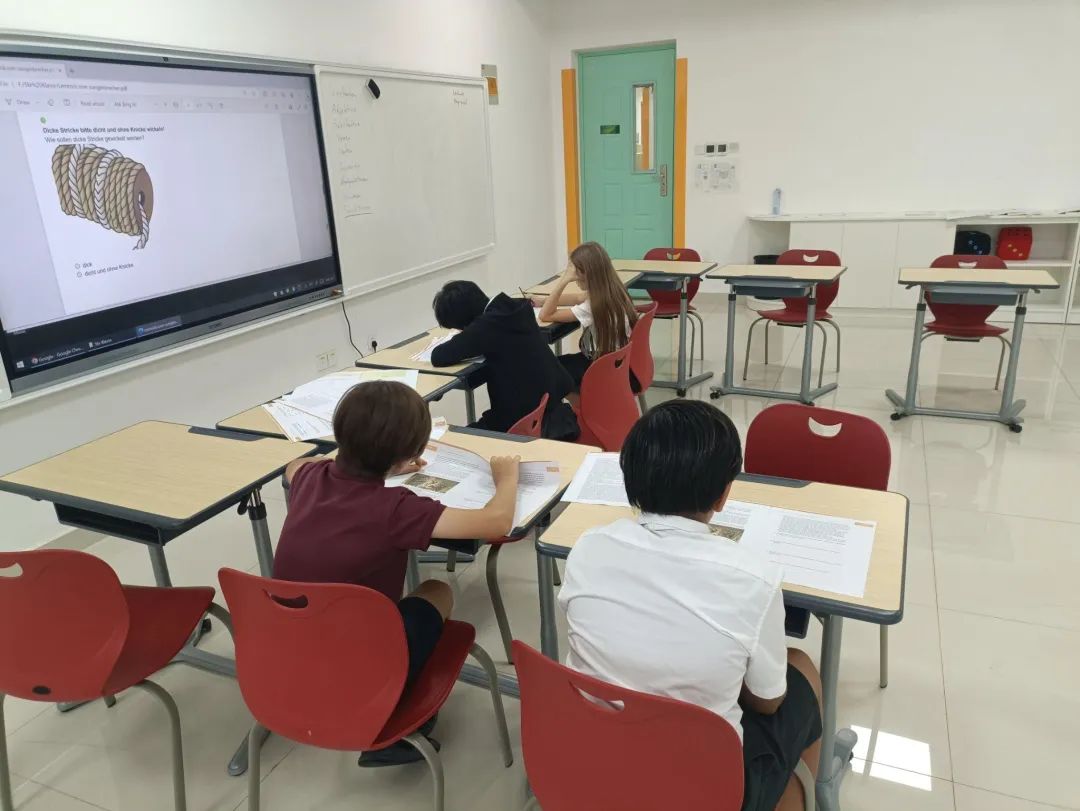
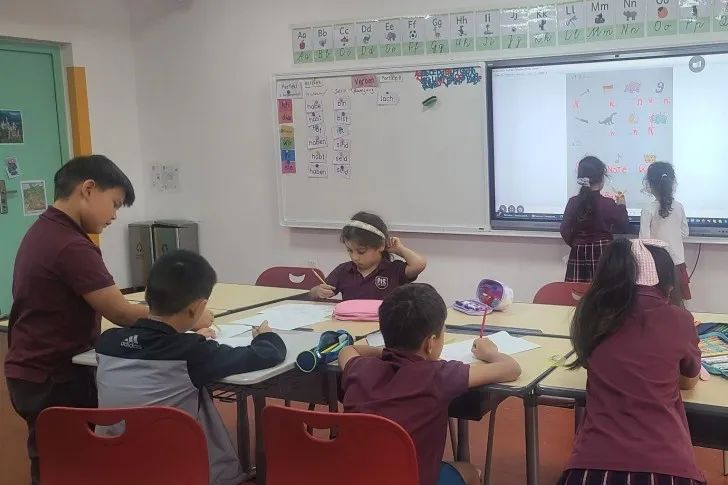
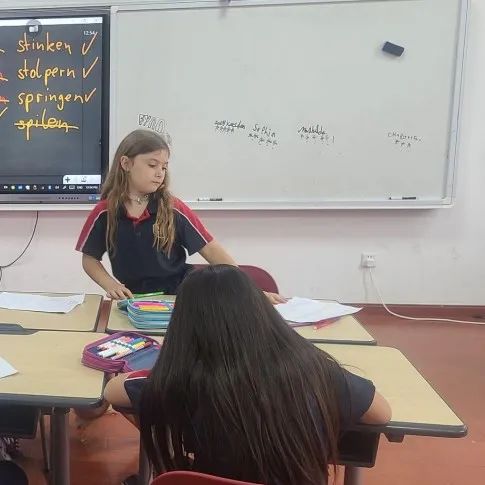
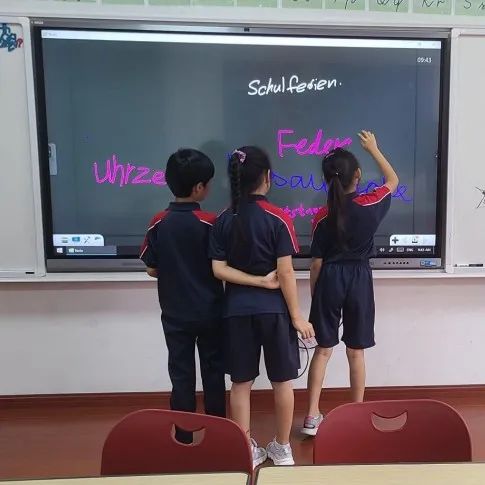
PYP German
(Sascha Wandkowsky & Robert Jordan)
G1: This week in our first-grade, we focused on the letters P/p, N/n, and U/u. We engaged in word work, exploring where these specific letters are found in words. We practiced writing words that contain these letters and also made sentences using these words.
Additionally, we worked on reading,understanding and talking about texts, including topics related to school, such as what activities you like to do and school rules.
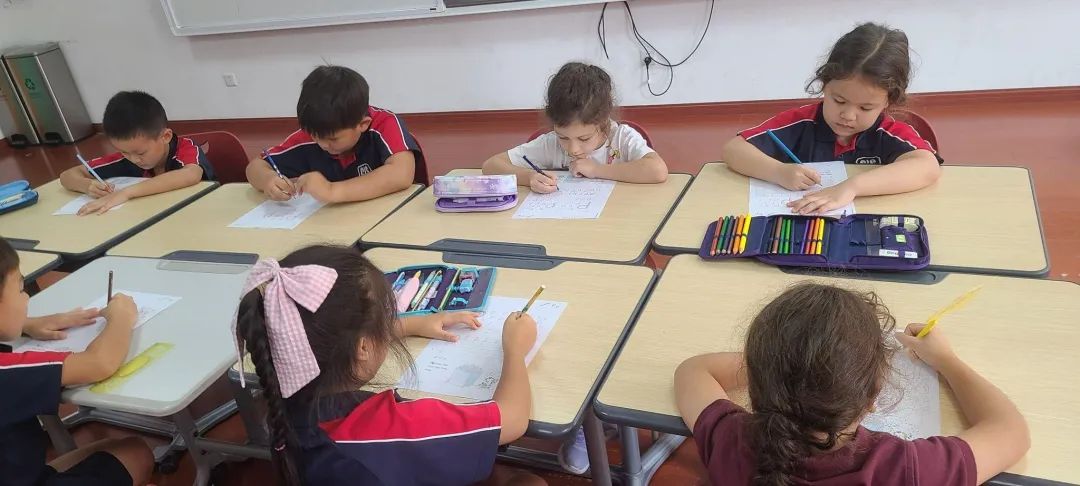
G2: This week in our second-grade, we focused on words ending with '-en' and '-el', words containing 'sp' and 'st,' as well as words with 'ch' (having three different pronunciations). In handwriting practice, we specifically worked on 't'/'st' and ‘T’ in cursive writing.
Our reading materials included texts about people in school, and we had fun practicing tongue twisters featuring 'st' and 'sp.
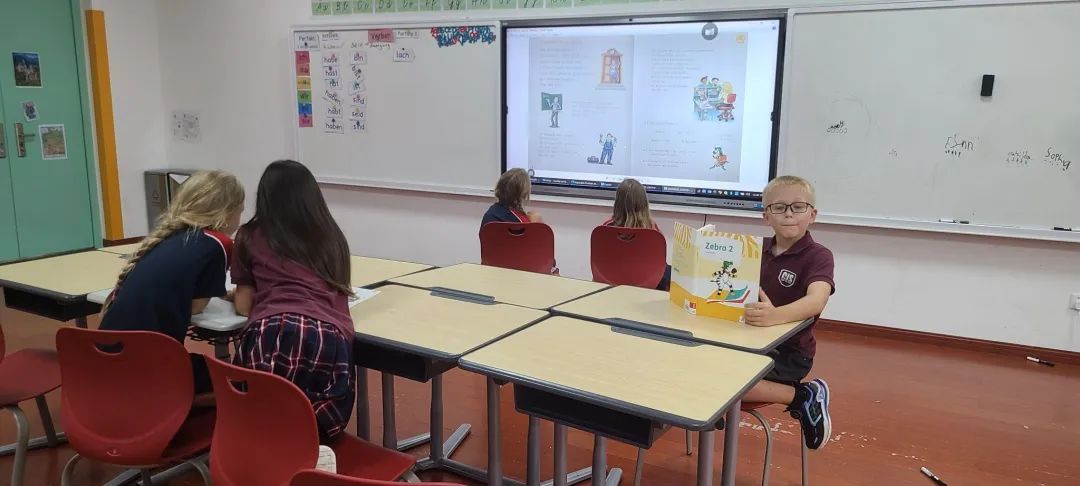
G3: This week, in our German class, we learned about different word types like compound words, verbs, and adjectives. We also learned some more advanced words like 'verbs' instead of 'action words' and 'adjectives' instead of 'describing words.' We talked about how words change when we use them in sentences and explored opposites for describing words.
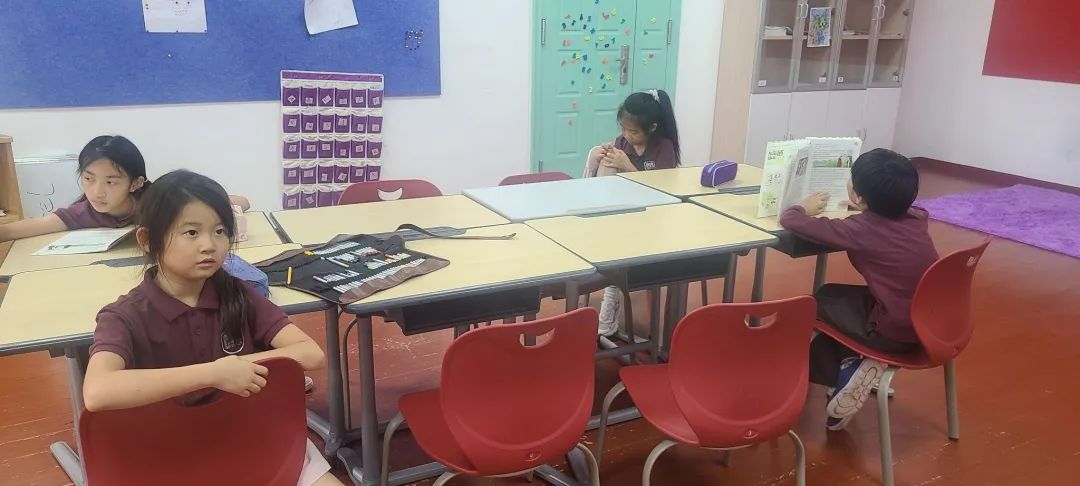
G4: This week in our German class, we reviewed the 1st and 2nd past tense forms (Präteritum / Perfekt) and enhanced our understanding of verb conjugations. We explored verbs with prefixes and discussed the importance of context when using them.
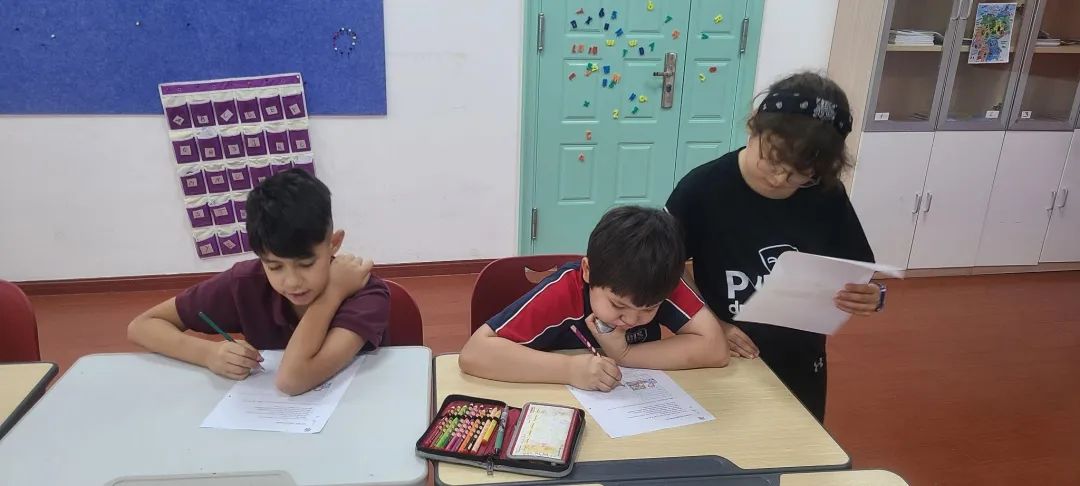
G5: This week we focused on grammar and speaking. Particularly topics like the following:
Substantivation of verbs
Synonyms quiz with foreign words
Passive (incl. past tenses)
(Kinds of) Prepositions
Exclamation marks in text
Simple writing and speaking about favourite books
Reading and speaking about Fairy tales (Bremer Stadtmusikanten)
das/dass, tongue twisters and seid/seit

声明:本文内容为国际教育号作者发布,不代表国际教育网的观点和立场,本平台仅提供信息存储服务。
全国500所国际学校大全 / 3分钟匹配5-8所 / 1年名校升学备考托管服务




